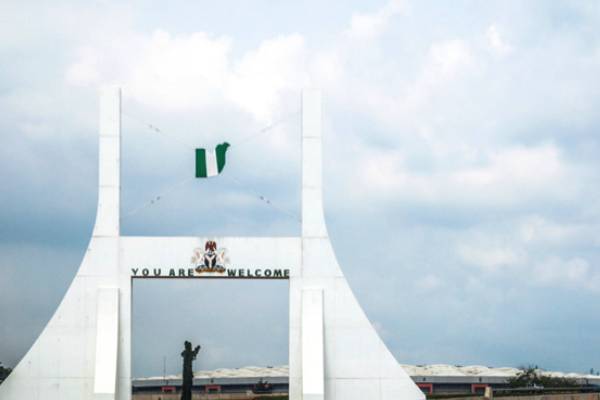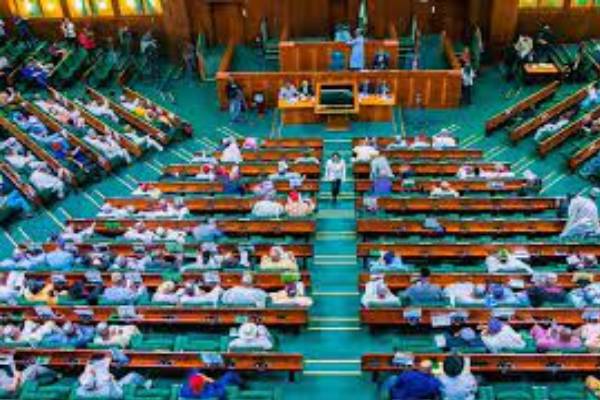The Government of the United Kingdom says it no longer has an advisory against travel to Nigeria’s Federal capital territory of Abuja.
The UK Foreign, Commonwealth and Development Office (FCDO) announced this in an updated travel advisory it published on its website on Monday.
The UK warned on October 23 of an increased threat of terrorist attack in the FCT, and urged its citizens to stay alert and avoid visits to public places in the area.
The UK also restricted access to the British High Commission in Abuja.
A few days later, the UK warned British nationals to avoid non-essential travel to Abuja.
The development came in the midst of alerts also issued by the US and Canada on threats of attacks in Nigeria.
Following the development, the federal government had criticised US, UK and Canada for issuing the terror alerts without informing local authorities.
In the updated advisory on Monday, the UK, however, said the risks on travelling to Abuja still remains despite its updated advisory.
“The FCDO no longer advises against all but essential travel to the Federal Capital Territory, including the city of Abuja, but risks remain, and further details about the continued threat from terrorism in this region has been added,” the update reads.
“Terrorists are very likely to try to carry out attacks in Nigeria. Most attacks are conducted by Boko Haram or Islamic State West Africa (ISWA) and occur in Borno, Yobe and Adamawa States in the North East. There have also been significant attacks in other states, including in Gombe, Kano, Kaduna, Plateau, Bauchi and Taraba States.
“The risk of terrorism across Nigeria includes the capital city Abuja, and the surrounding Federal Capital Territory area. This risk has increased in 2022. Between May and July 2022 Islamic State West Africa (ISWAP) have conducted a number of attacks in Kogi, Niger, and in the Federal Capital Territory.
“Further attacks are likely and could occur at any time. Attacks could be indiscriminate and could affect western interests as well as places visited by tourists. The risks from terrorism activity are present in the city of Abuja, and across the Federal Capital Territory, but the risk increases the further you travel from the city centre.
“Public places where crowds gather have been targeted in the past, including places of worship, markets, shopping malls, hotels, bars, restaurants, football viewing centres, displacement camps, transport terminals (including train networks), government buildings, security and educational institutions (schools, further education colleges and universities are all regular targets), and international organisations.
“Attacks have taken place around religious and public holidays in public or crowded places, including places of worship as well as during election periods.”





